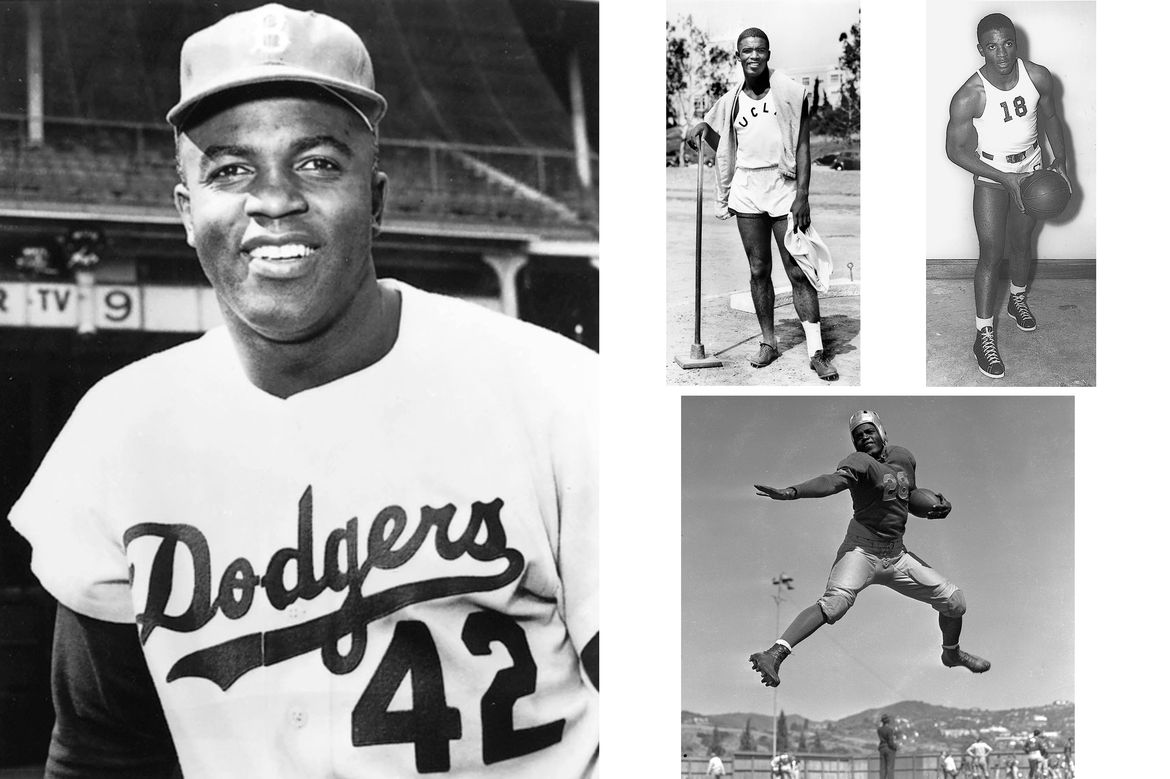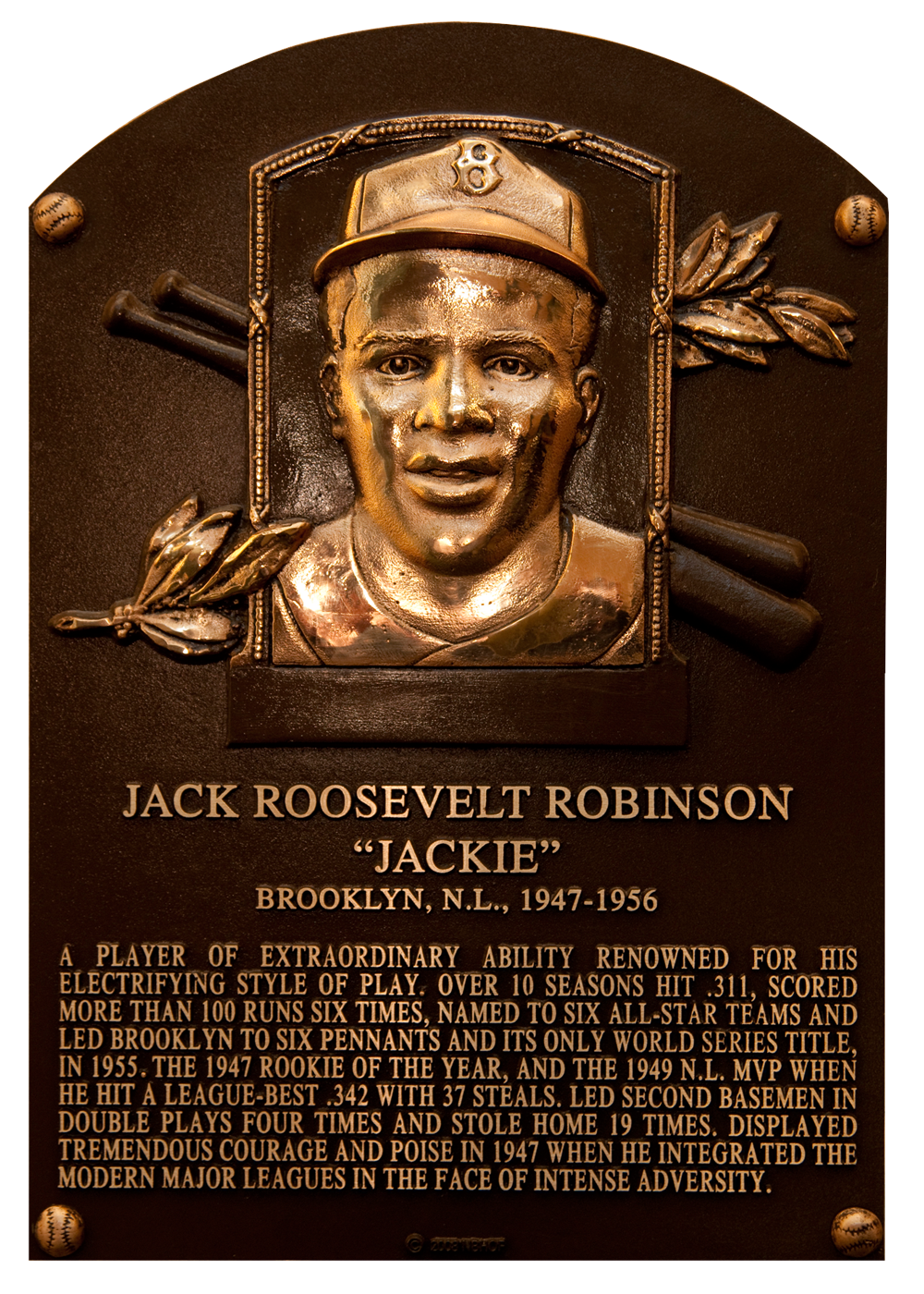
Jackie Robinson transcends the realm of sports; he embodies a powerful symbol of courage, determination, and the relentless struggle against racial injustice. On April 15, 1947, he etched his name into the annals of history by becoming the first African American to compete in Major League Baseball (MLB) during the 20th century. This groundbreaking moment not only transformed the landscape of baseball but also served as a catalyst for the broader civil rights movement in America. In this article, we will explore the multifaceted life of Jackie Robinson, examining his remarkable achievements on the field, the challenges he faced off the field, and the enduring legacy he left behind. His story is not just about athletic prowess; it is a testament to the power of resilience and the importance of standing up against discrimination, making him a pivotal figure in both sports and social justice.
Early Life: The Foundation of a Legend

### Born to Overcome
Jackie Robinson was born on January 31, 1919, in Cairo, Georgia, into a family that faced the harsh realities of poverty as an African American household in the segregated South. Despite the numerous obstacles that life presented, his family relocated to Pasadena, California, a move that would prove pivotal in shaping Jackie’s future. In Pasadena, he began to emerge as a remarkable athlete, showcasing his talents and determination in various sports.
### Multi-Sport Athlete
During his time at Pasadena Junior College and later at the prestigious University of California, Los Angeles (UCLA), Robinson distinguished himself as a multi-sport athlete. He excelled in football, basketball, track, and baseball, demonstrating an extraordinary level of athleticism and versatility. His achievements on the field and court were impressive, yet life took an unexpected turn when he had to leave UCLA to provide financial support for his family, highlighting the sacrifices he was willing to make for those he loved.
#### Military Service
In 1942, Robinson made the courageous decision to enlist in the U.S. Army, where he encountered the pervasive racial discrimination that was rampant in society at the time. A defining moment in his military career occurred when he refused to comply with the unjust practice of sitting at the back of a military bus, an act of defiance that led to a court-martial. Although he was ultimately acquitted, this incident served as a precursor to his future role as an activist, foreshadowing the significant impact he would have in the fight for civil rights and equality in America.
Breaking the Color Barrier

The Call from the Dodgers
After completing his military service, Jackie Robinson joined the ranks of the **Kansas City Monarchs**, a prominent team in the Negro American League. His exceptional skills and undeniable talent on the field did not go unnoticed; they caught the attention of **Branch Rickey**, the president and general manager of the **Brooklyn Dodgers**. Rickey was a man on a mission, determined to break the color barrier in Major League Baseball and integrate the sport. He recognized that Robinson had the potential to be a pivotal figure in this historic movement.
A Legendary Meeting
In what would become a legendary meeting, Rickey sought to test Robinson’s character and resilience. He confronted Robinson with a barrage of insults and provocations, pushing him to his limits. Robinson’s remarkable ability to maintain his composure and dignity in the face of such adversity ultimately convinced Rickey that he was the right choice for this groundbreaking endeavor. On October 23, 1945, Robinson took a significant step forward in his career when he signed with the Dodgers’ farm team, the **Montreal Royals**, marking the beginning of a new chapter in baseball history.
Rookie of the Year
Jackie Robinson made his highly anticipated Major League Baseball debut on April 15, 1947, and he quickly became a sensation among fans and players alike. His electrifying performance on the field included leading the **National League** in stolen bases, showcasing his speed and agility. Robinson’s outstanding achievements earned him the title of **Rookie of the Year**, a significant accolade that underscored his impact on the game. His success was not just personal; it represented a monumental step toward breaking the color barrier in sports, paving the way for future generations of athletes of all backgrounds.
Facing Adversity

Racism and Resilience
Throughout his illustrious career, Jackie Robinson encountered profound and pervasive **racism** from various corners, including both fans and fellow players. The hostility he faced was not merely verbal; opposing teams often resorted to throwing pitches aimed directly at his head, a clear attempt to intimidate him. Even within his own team, some players were less than supportive, reflecting the deeply ingrained prejudices of the time. However, Robinson’s determination and resilience shone through these challenges. He understood that his role in Major League Baseball transcended the game itself; it was a pivotal moment in the fight against racial segregation and discrimination in America.
Support from Teammates
One of the most poignant moments in Robinson’s journey occurred during a game when Dodger captain **Pee Wee Reese** publicly demonstrated his support for Robinson by placing his arm around him. This simple yet powerful gesture of solidarity not only highlighted the importance of camaraderie but also served as a beacon of hope for many who were witnessing the struggles against racial injustice. It underscored the idea that unity can prevail in the face of adversity, and that standing together can help dismantle the barriers of hatred and division.
Statistical Success
Robinson’s achievements on the field were nothing short of extraordinary. He boasted a remarkable lifetime batting average of **.311**, a testament to his skill and dedication to the sport. Over the course of his career, he led the Dodgers to six league championships, solidifying his legacy as a key player in the team’s history. In recognition of his outstanding performance, he was awarded the **Most Valuable Player (MVP)** award in 1949. His exceptional speed and agility on the bases made him a formidable opponent for pitchers, further establishing him as a trailblazer not only in baseball but also in the broader context of social change.
Life After Baseball

Activism and Business
After retiring in 1957, Robinson continued to fight for civil rights. He became a spokesperson for the **NAACP** and worked alongside civil rights leaders like **Martin Luther King Jr.** His commitment to social justice was as strong as his dedication to baseball.
Hall of Fame Induction
In 1962, Robinson was inducted into the **Baseball Hall of Fame**, becoming the first African American to receive this honor. This recognition solidified his legacy as a pioneer in sports and civil rights.
Legacy and Recognition
Robinson passed away on October 24, 1972, but his legacy lives on. In 1984, he was posthumously awarded the **Presidential Medal of Freedom**, and in 1997, MLB retired his jersey number, **42**, across all teams—a historic move that highlighted his impact on the game.
Jackie Robinson Day

A Day of Remembrance
Every year on April 15, baseball fans celebrate **Jackie Robinson Day**. On this day, all players, coaches, and umpires wear the number **42** to honor his contributions to the sport and society.
Continuing the Fight
Robinson’s story is a reminder that the fight for equality is ongoing. His courage and determination inspire new generations to stand up against injustice, both in sports and beyond.
Table: Key Milestones in Jackie Robinson’s Life
| Year | Milestone |
|---|---|
| 1919 | Born in Cairo, Georgia |
| 1942 | Joined the U.S. Army |
| 1945 | Signed with the Montreal Royals |
| 1947 | Debuted in MLB with the Brooklyn Dodgers |
| 1949 | Won the MVP award |
| 1962 | Inducted into the Baseball Hall of Fame |
| 1997 | Jersey number 42 retired across MLB |
| 2004 | First Jackie Robinson Day celebrated |

Jackie Robinson’s journey was not just about baseball; it was about breaking down barriers and paving the way for future generations. His legacy continues to inspire athletes and activists alike. As we celebrate his contributions, let us remember that the fight for equality is far from over. Are we ready to carry on his legacy?

